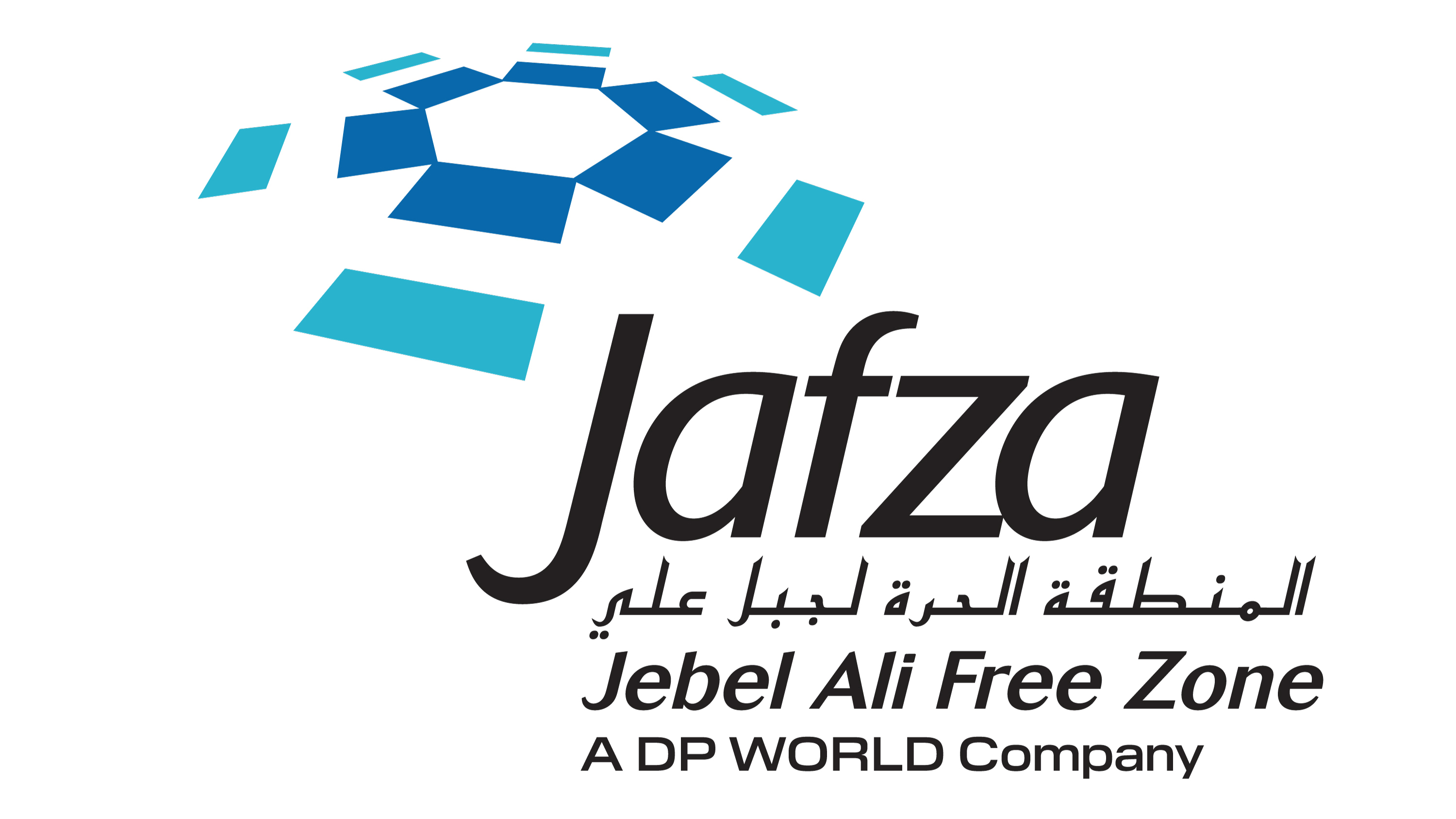In light of recent global events — including geopolitical tensions, the Covid-19 pandemic and disruptions in global trade — businesses face a multitude of challenges that require innovative solutions to achieve sustainable growth and resilience. This transformation has principally reshaped the landscape of international commerce, which has prompted businesses to remodel operations, customer engagement and supply chain strategies aligning with the dynamics of a fragmented world. The World Trade Organization’s (WTO’s) 2023 World Trade Report emphasises the importance of increasing multilateral cooperation and inclusiveness to mitigate global economic problems.
Factors shaping critical business decisions worldwide were identified in DP World’s 2023 Trade in Transition report, launched in partnership with Economist Impact. The report finds that companies are looking to bring down their supply chain costs while reducing the risk of disruptions. At the same time, many are taking action to reduce the length of their supply chains through nearshoring or reshoring strategies that bring business operations closer to their end customers. As WTO director-general Ngozi Okonjo-Iweala stated during her keynote address at the 13th World Chambers Congress in Geneva, “A better path forward is what we are calling ‘re-globalisation’: deeper, more deconcentrated markets, achieved by bringing more people and places from the margins of the global economy to the mainstream.”
Advertisement
The transition towards a re-globalised world economy highlights the significance of connectivity to emerging markets, diversified trade partnerships, and increased investments in technology and infrastructure that connect markets more efficiently. These are the types of incentives and cooperation opportunities that Jebel Ali Free Zone (Jafza) is cultivating to support the continued economic prosperity of its companies and the region. In 2023, Jafza was awarded as the world’s best free zone for its non-fiscal incentives by fDI Intelligence, recognising the value Jafza provides to companies operating in the free zone beyond the financial benefits.
World-class infrastructure
Jafza is committed to fostering a business-friendly environment through world-class infrastructure. It provides its more than 10,000 customers with modern offices, warehouses and logistics facilities, eliminating the need for businesses to build and maintain their own facilities. By providing a platform where companies can focus on their core operations, Jafza significantly reduces inefficiencies and financial burdens, enabling businesses to invest in their growth and resilience. Jafza recently inaugurated Yiwu Traders’ Market, a 200,000 square metre wholesale/retail marketplace providing global access for buyers and sellers to connect in one convenient location.
Unparalleled regional connectivity
Operating in what is effectively the centre of global trade, Jafza differentiates itself as a business-friendly and resilient destination for global businesses to grow. It provides exceptional multimodal connectivity by linking the seaport (Jebel Ali Port) and airport (Maktoum International Airport) within a customs-bonded zone. Thus, businesses within Jafza have direct access to emerging markets across the Middle East, Africa, Asia and Europe. This strategic position facilitates trade and expansion opportunities that would be challenging to replicate elsewhere.
More than 500 logistics companies operate in the free zone, offering supply chain solutions such as freight forwarding, container freight stations, 3/4PL services, distribution and warehousing solutions. Companies such as Hima, an automated safety solutions provider, and Neweast Trading, an automotive parts trader, established operations in Jafza in 2023 to access the 60-plus regional markets connected through Jebel Ali Port.
Advertisement
Manufacturing incentives
Furthermore, the UAE’s manufacturing industry is gaining momentum as companies seek to broaden their operations and extend their global presence. In 2022, the UAE’s industrial sector exports surged 30% to reach Dh174bn ($47.37bn) and contributed Dh180bn to the national gross domestic product (GDP).
The UAE government is determined to increase industrial sector contribution to GDP to Dh300bn by 2031. Through initiatives such as ‘Operation 300bn’ and ‘Make it in the Emirates’, the government incentivises local and international investors to develop national industrial projects. The UAE is also increasing its global attractiveness as a manufacturing and distribution hub by entering into free trade and economic partnership agreements with strategic partners worldwide. Jafza provides these benefits to manufacturing companies in the Free Zone through its National Industrial License. In 2023, it also entered into a strategic memorandum of understanding with the Emirates Development Bank to increase investments in the manufacturing sector within Jafza. Today, Jafza's manufacturing hub hosts more than 790 companies from various sectors, including food and beverages, healthcare, petrochemicals and pharmaceuticals.
Jafza will continue to differentiate itself by developing its offering to enhance trading opportunities and deliver business value to its members. The success of this strategy is evident from the record number of companies that are coming to Jafza, as well as the companies that have been operating from the Free Zone for more than 20 years.
